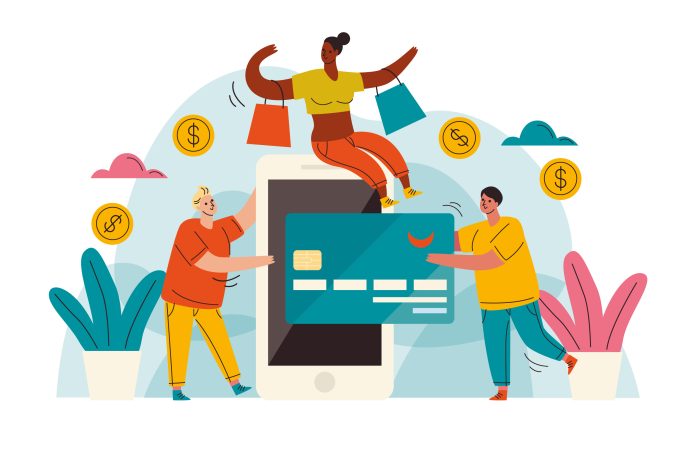During the pandemic’s darkest days, businesses battled to meet supply chain hurdles and engage consumers via mobile devices.
The changes looked to be temporary, since business would restore routine after the health crisis passed. When economies reopened, many of the changes brought about by the huge digital transformation were permanent.
Consumers, for example, have developed omnichannel expectations, particularly when it comes to payments. Businesses must now adapt quickly to shifting market conditions and payment preferences. Payments that are quick and efficient have also proven to be a critical competitive advantage in their relationships with trading partners.
Eileen Dignen, global head of payments for Corporate Client Banking at J.P. Morgan, stated in an interview that by partnering with banks, including J.P. Morgan, enterprises can gain access to innovative solutions and guidance that help business models evolve while improving speed, accuracy, and security.
According to Dignen, digitization is no longer a strategy, but rather a way of doing business. And many companies must decide what happens next.
Embedded payments are one of the significant advances that may enable businesses to communicate with their clients and consumers in novel ways.











